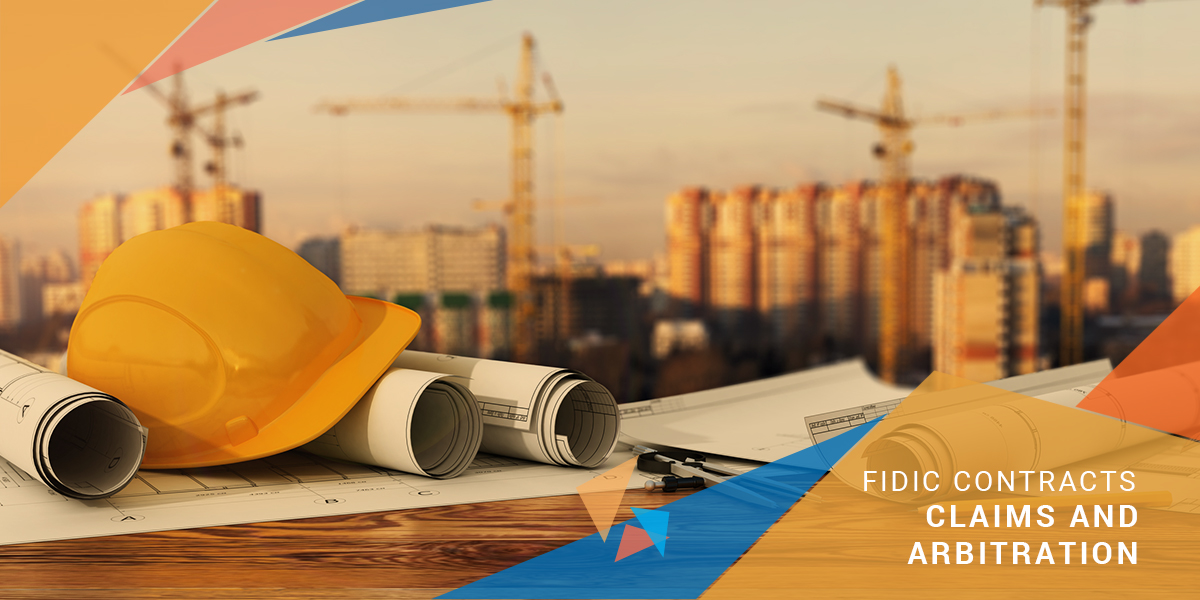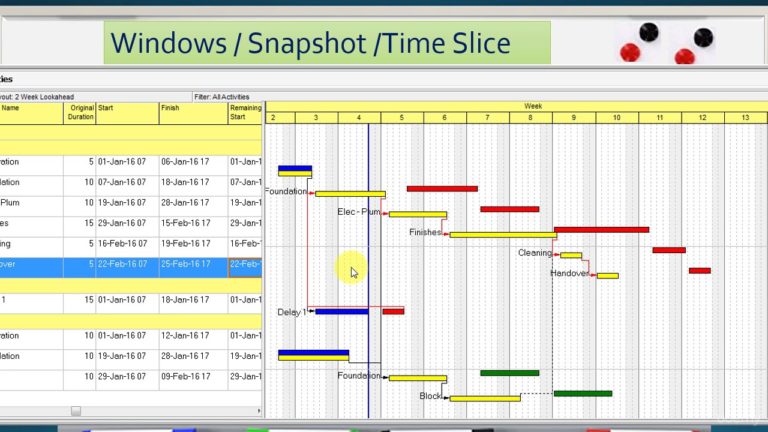Training
.jpeg)


Introduction
Training has specific goals of improving one's capability, capacity, productivity and performance. We provide the training to corporate sector as pro bono.
Description
Our training program allows you to strengthen those skills that required to handle construction dispute/claims efficiently . A development program brings to a higher level so they all have similar skills and knowledge. This helps reduce any weak links within the company who rely heavily on others to complete basic work tasks.
Claim Management is an inevitable process in Engineering & Construction Industry, to reach successfully the desired results. The requirement in first place is to avoid claim through managing the breeding grounds with all earnest, alignment of documents, and eventually entertaining an entitlement in an efficient and business like manner. Considerate approach for early settlement on issues between parties is always cheaper and leads to win/win results. The construction project, mostly a large undertaking, demands one to prevent stained relationship of parties, stalemates, delays, disputes, or loss of resources that cause or carry the potential force for litigious and arbitral action of the parties, for resolution in contract.
Delay in Construction industry is a critical issue in the most of projects overall the world. Schedule delay analysis is described as the research and analysis of an event, performed with the goal to identify the reason for a project delay. Common in the construction industry, delay analysis is used to identify delays and resolve claims or disputes. In order to successfully perform such analysis, knowledge of CPM and scheduling, combined with the knowledge of different methods of delay analysis may be required.
Contract Management is very much essential. “contractual problems†is an important dispute cause in the construction industry. Other common dispute causes are “delays in work progressâ€, “time extensionsâ€, “inadequate / incomplete specificationsâ€, “quality of designâ€, and “design errorsâ€
TOPICS TO BE COVERED (Comprehensive but not exhaustive)
Forensic Delay:
In this topic we will know how to identify/separate various types of delays, apportion liability for delays between the parties in order to prepare Extension Of Time Claim . Also we will be able to analyze delays using different techniques.
- What does Delay and Delay Analysis means
- Types of Delay (excusable, non-excusable, compensable, non-compensable, critical, concurrent delay etc.)
- Methodology of Delay Analysis (as per SCL & AACE-RP)
- Software based outcome of Delay Analysis
- Forensic Delay Analysis
- Documentation of reasons of delays
Quantum Analysis:
Variation claim, prolongation claim, disruption claim, Force Majeure claims, Claim due to loss of Productivity, Loss of Profit, Loss of Business Opportunity etc. Substantiation of Claims, what is Global claim? What are potential penalties?
- Forfeit the performance guarantee
- Forfeit the security deposit
- Levy compensation on account of delay
Contract Management:
Leading practice of contract management. Things to be taken while drafting the contract primarily focus on Extension of Time Clause, Variation, Force Majeure, Dispute Resolution Clause, Key differences in FIDIC & CPWD Contract etc.
Document Management:
Leading practice. Things need to care during correspondence with client/vendor for EOT request, Notifications, Service of Documents, interim claim etc.
Feel free to reach out to us and share your suggestion at info@proultimus.com